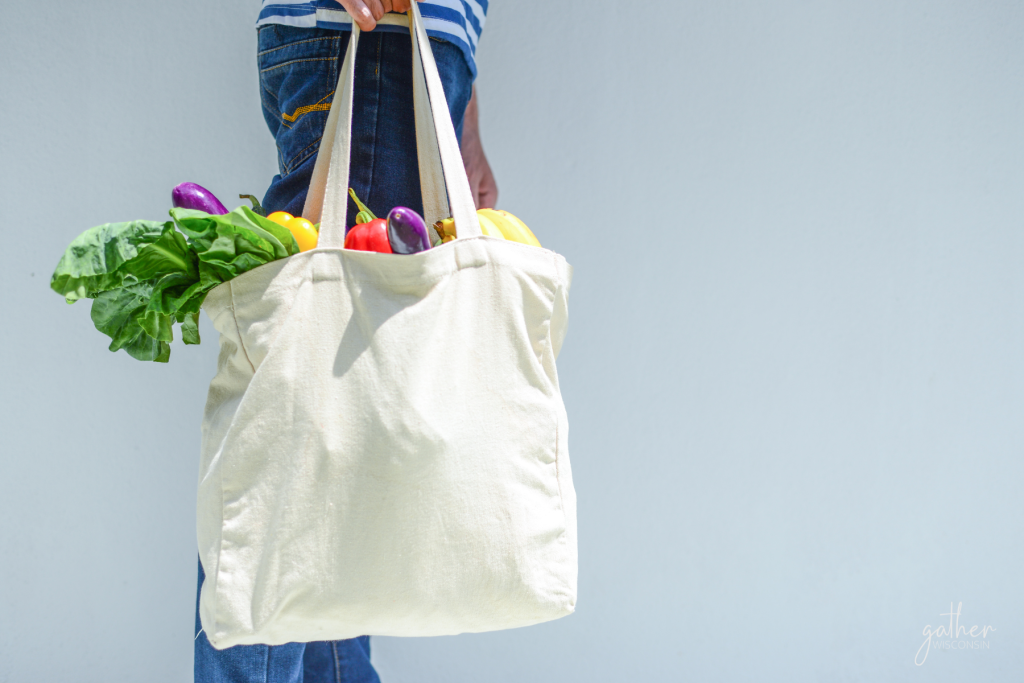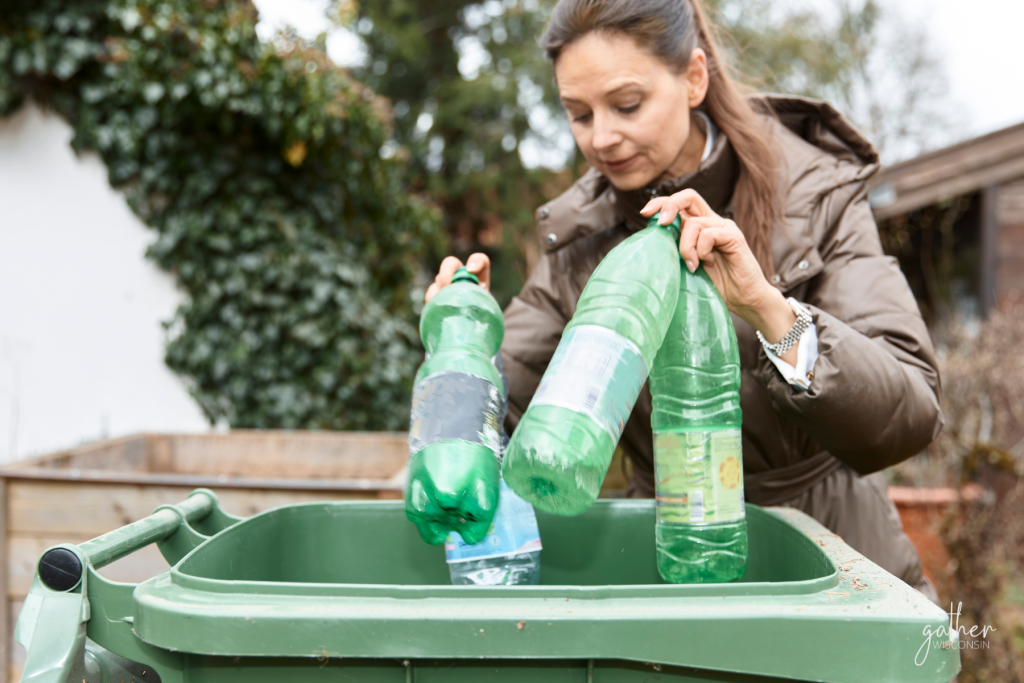A farmer’s New Year’s resolution list may look different than yours. Planning for the modern year on the farm includes financial planning, genetic evaluation, seed selection, field mapping and equipment maintenance.
Our common goal for next year is to manage our resources responsibly.
Did you know that farmers set sustainability goals? For example, dairy farmers have an action plan ready carbon neutrality by 2050. Corn farmers are working challenging to reduce soil loss from erosion by 2030. Farmers of all types share a common goal of producing the safest and most sustainable food for your family.
We all have a responsibility to take care of our planet. You can assist by adding your own sustainability goals to your New Year’s resolutions this year! Here are some ideas to assist you be greener in 2024.
#1. Reduce food waste.
About one third of the food produced by people in the world is wasted. Food waste takes up valuable space in landfills and contributes significantly to greenhouse gas emissions. You can reduce food waste at home by sticking to your shopping list, storing produce properly and being original in reusing leftovers. Instead of throwing away unused items from your pantry, check the expiration date and donate them to your local food bank.
#2. Use reusable water bottles and shopping bags.

The average American will benefit 156 plastic disposable water bottles per year. You can reduce your impact by choosing a reusable water cup. Plastic shopping bags are not recyclable and take up space in landfills. Take your own bags with you to the grocery store as an alternative to plastic shopping bags. Reusable items are versatile and economical.
#3 Recycling.

Bottles, cans, paper and cardboard are recyclable. Recycled items should be rinsed and cleaned of any contaminants that will contaminate other materials in the bin. Try placing extra bins around your home to encourage you and your family to recycle outside of the kitchen. Please remember to place non-recyclable materials in your waste bin. Non-recyclable materials should be removed manually or mechanically sorted to avoid contaminating high-value raw materials. Find out more about your local recycling programs by searching for waste management facility guidelines online.
We all have a responsibility to care for our planet and leave it better for the next generation. Visit the Sustainability homepage to discover more ways to incorporate sustainability into your everyday life. What can you do to be more eco-friendly this year?


